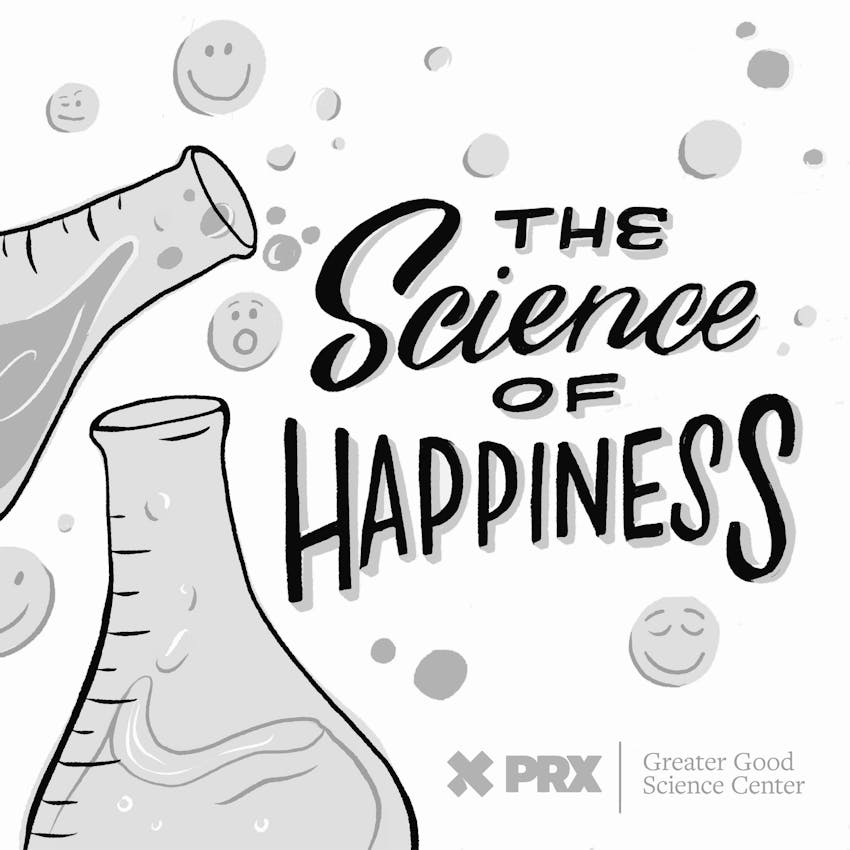© Stitcher 2024
21 minutes |
Apr 25, 2024
Are You Remembering The Good Times?
7 minutes |
Apr 18, 2024
Happiness Break: A Walking Meditation with Dan Harris of 10% Happier
19 minutes |
Apr 11, 2024
How To Make Work More Satisfying
8 minutes |
Apr 4, 2024
Happiness Break: A Meditation To Move Through Anger, With Eve Ekman
19 minutes |
Mar 28, 2024
How To Talk To People You Disagree With
6 minutes |
Mar 21, 2024
Happiness Break: Tap into the Joy that Surrounds You, With Anushka Fernandopulle
19 minutes |
Mar 14, 2024
Who’s Always There for You?
10 minutes |
Mar 7, 2024
Happiness Break: Where Did You Come From? Guided Writing With Lyla June
22 minutes |
Feb 29, 2024
Why Grownups Should Be Playful Too
7 minutes |
Feb 22, 2024
Happiness Break: A Meditation on Playfulness, With Dacher Keltner
18 minutes |
Feb 15, 2024
Encore: How to Feel Less Pressed for Time
10 minutes |
Feb 8, 2024
Happiness Break: Wrap Yourself in Kindness, With Jack Kornfield
22 minutes |
Feb 1, 2024
What To Do When You Don’t Like The Way You Feel
9 minutes |
Jan 25, 2024
Happiness Break: Radical Acceptance, With Tara Brach
21 minutes |
Jan 18, 2024
How (And Why) To Find More Beauty in the Everyday
8 minutes |
Jan 11, 2024
Happiness Break: A Meditation to Find Grounding in the New Year, With Spring Washam
24 minutes |
Jan 4, 2024
How to Stick to Your Resolutions in 2024
8 minutes |
Dec 28, 2023
Happiness Break: Visualizing Your Best Self in Relationships, With Dacher Keltner
23 minutes |
Dec 21, 2023
How Thinking About Your Ancestors Can Help You Thrive
8 minutes |
Dec 14, 2023
Happiness Break: A Meditation for Seeking Forgiveness, With Shelly Tygielski

